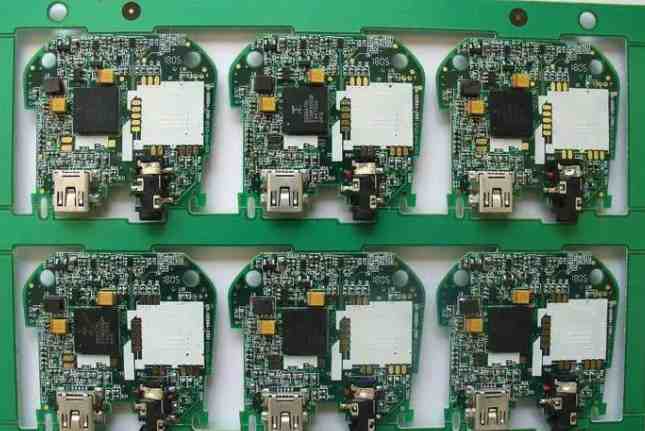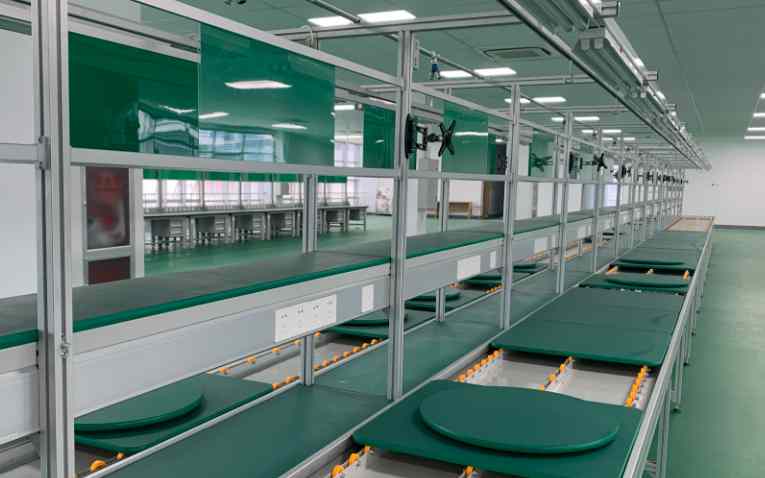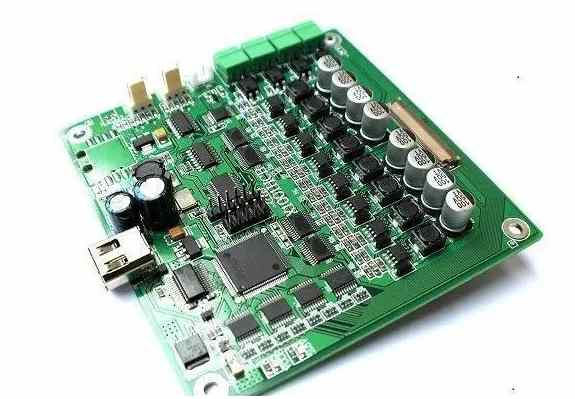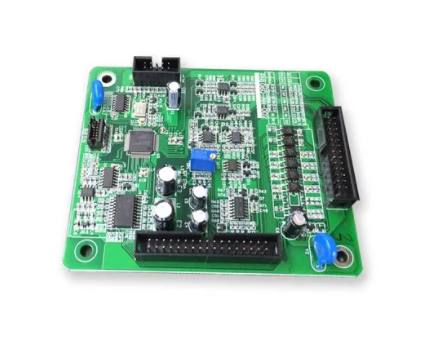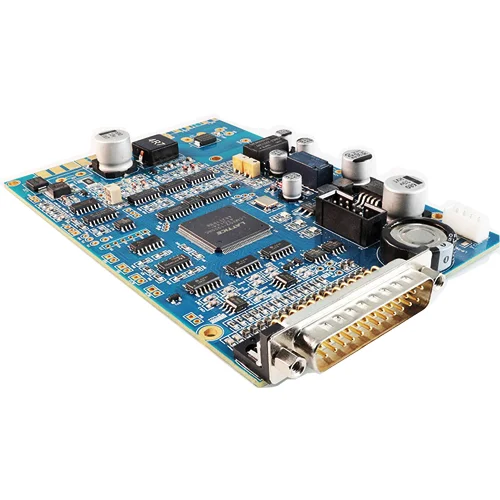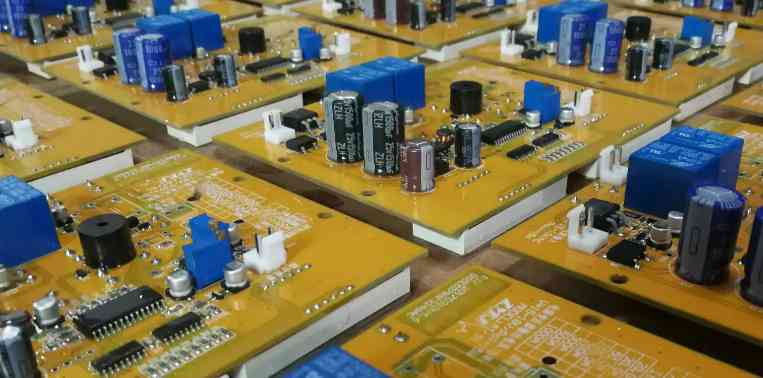
① Characteristics of resistance damage
Resistance is a relatively large number of components in electrical equipment, but it is not a component with high damage rate. Resistance damage to open circuit is common, resistance value becomes larger is rare, resistance value becomes smaller is rare. Common carbon film resistance, metal film resistance, wire wound resistance and safety resistance. The first two kinds of resistance are widely used, the damage characteristics of one is low resistance value (below 100Ω) and high resistance value (above 100 kω) damage rate is high, the middle resistance value (such as hundreds of euros to tens of thousands of euros) rarely damage; Second, when the resistance of low value is damaged, it is often burnt black and easy to find, while when the resistance of high value is damaged, there are few traces. Wire-wound resistance is generally used as a large current limiting, resistance value is not large. When cylindrical wire wound resistance is burned out, some will be blackened or surface blasting, cracks, and some have no trace. Cement resistance is a kind of wire wound resistance, it may break when burned out, otherwise there is no visible trace. When the resistors burn out, some surface will blow off a piece of skin, others will not have any trace, but will never burn black. According to the above characteristics, when checking the resistance can be focused on, quickly find out the damage of the resistance.
② Characteristics of electrolytic capacitor damage
The amount of electrolytic capacitors in electrical equipment is large and the failure rate is high. Electrolytic capacitor damage has the following manifestations: one is the complete loss of capacity or capacity becomes smaller;
Second, slight or serious leakage; The third is the loss of capacity or capacity smaller and leakage. The methods to find the damaged electrolytic capacitor are:
(1) Look: some capacitors will leak when damaged, the surface of the circuit board below the capacitor or even the surface of the capacitor will have a layer of oil stains, this capacitor can not be used; Some capacitance will bulge after damage, this capacitance can not continue to use;
(2) Touch: after the boot, some electrolytic capacitors with serious leakage will heat up, and even hot hands when touching with fingers. This capacitor must be replaced;
(3) There is electrolyte inside the electrolytic capacitor, long time baking will make the electrolyte dry, leading to the reduction of capacitance, so it is important to check the heat sink and high-power components near the capacitor, the closer to it, the greater the possibility of damage.
(4) Characteristics of damage of semiconductor devices such as audion
Two, triode damage is generally PN junction breakdown or open circuit, which breakdown short circuit. In addition, there are two kinds of damage performance: one is the thermal stability deteriorates, the performance is normal when the boot, after a period of time, the occurrence of soft breakdown; The other is the PN junction characteristics change, measured by a multimeter R×1k, each PN junction is normal, but can not work normally after the machine, if measured by R×10 or R×1 low range file, it will be found that the PN junction positive resistance value is larger than the normal value. Measurement two, triode can be measured with a pointer multimeter in the road, the more accurate method is: The multimeter is set to R×10 or R×1 file (generally with R×10 file, not obvious when using R×1 file) in the road test two, transistor PN junction positive, reverse resistance, if the positive resistance is not too large (relative normal value), the reverse resistance is large enough (relative positive value), indicating that the PN junction is normal, on the contrary, it is doubtful, need to be tested after welding. This is because the general circuit of the two, triode peripheral resistance mostly in hundreds, thousands of euros above, with a multimeter low resistance file in the road measurement, you can basically ignore the influence of the peripheral resistance on the PN junction resistance.
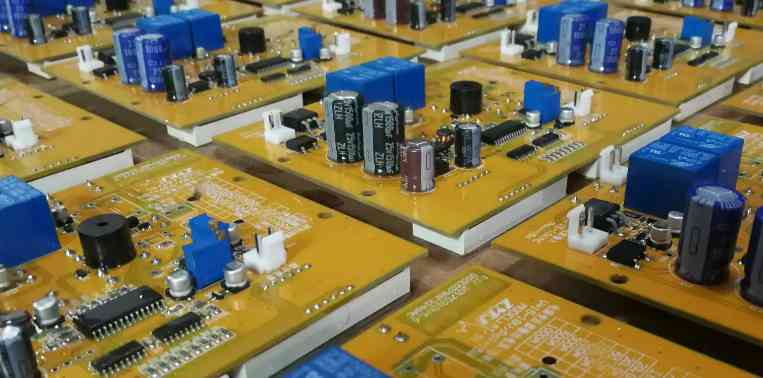
(5) Characteristics of integrated circuit damage
Integrated circuit internal structure is complex, many functions, any part of the damage can not work properly. There are also two kinds of damage to integrated circuits: complete damage and poor thermal stability. When it is completely damaged, it can be removed and compared with the normal integrated circuit of the same type to measure the positive and reverse resistance of each pin to the ground. One or several pins can always be found with abnormal resistance value. For those with poor thermal stability, the suspected integrated circuit can be cooled when the equipment is working. If the failure time is delayed or no longer occurs, it can be determined. Usually it can only be ruled out by replacing it with a new IC.
Starting in January 2019, things started to look up. We first noticed some signs of a slowdown in Asia at the end of Q4 2019 and the beginning of Q1 this year. Distributors in Asia told me their business was down 8 percent in the fourth quarter of 2019 and another 10 percent in the first quarter of this year. In their view, this is mainly due to China's manufacturing auto industry output and mobile phone shipments fell. This also takes a lot of pressure off the supply of materials. By the end of the first quarter of this year, we saw a good supply situation for most commodities. Prices continue to fall and become stable. Delivery times are also down to what we consider to be close to normal levels, with the majority of components in the 10-12 week range compared to more than 30 weeks last year.
However, there are some local problems. We still face challenges with MOSFETs, whose lead time is still more than 30 weeks. I haven't seen any real changes in this area yet, but most of the other components, especially the MLCC and the smaller ones, such as 0201 and some 0402, are on a reasonable delivery schedule. The delivery time of MLCCS with larger shell sizes is still limited, mainly the most commonly used 0603, 0805 and 1206 components; Lead times are still long, taking 25 weeks or more, and we don't see any improvement in them in the short term.
Another factor supporting the market is the rollout of 5G technology. Huawei, which is leading the world in this area, was expected to release 5G technology by the end of the second quarter of this year, but that didn't happen. This is not a problem with the phones themselves, but with the infrastructure of 5G technology, including Repeaters, base stations and equipment. The biggest problem is that those infrastructure devices all use the same size larger case, they are still limited by the 0603, 0805 and so on.
When 5G comes, we can expect another wave of restrictions. The current wave of restrictions is expected to end by the end of this year or early next year, but Murata has withdrawn MLCCS from most of these applications in favor of larger components. They still keep some MLCCS for large casings, but no manufacturer has added capacity for larger casings. That's all we have manufacturing capacity for, and when 5G starts in earnest, it will put pressure on those parts markets.


